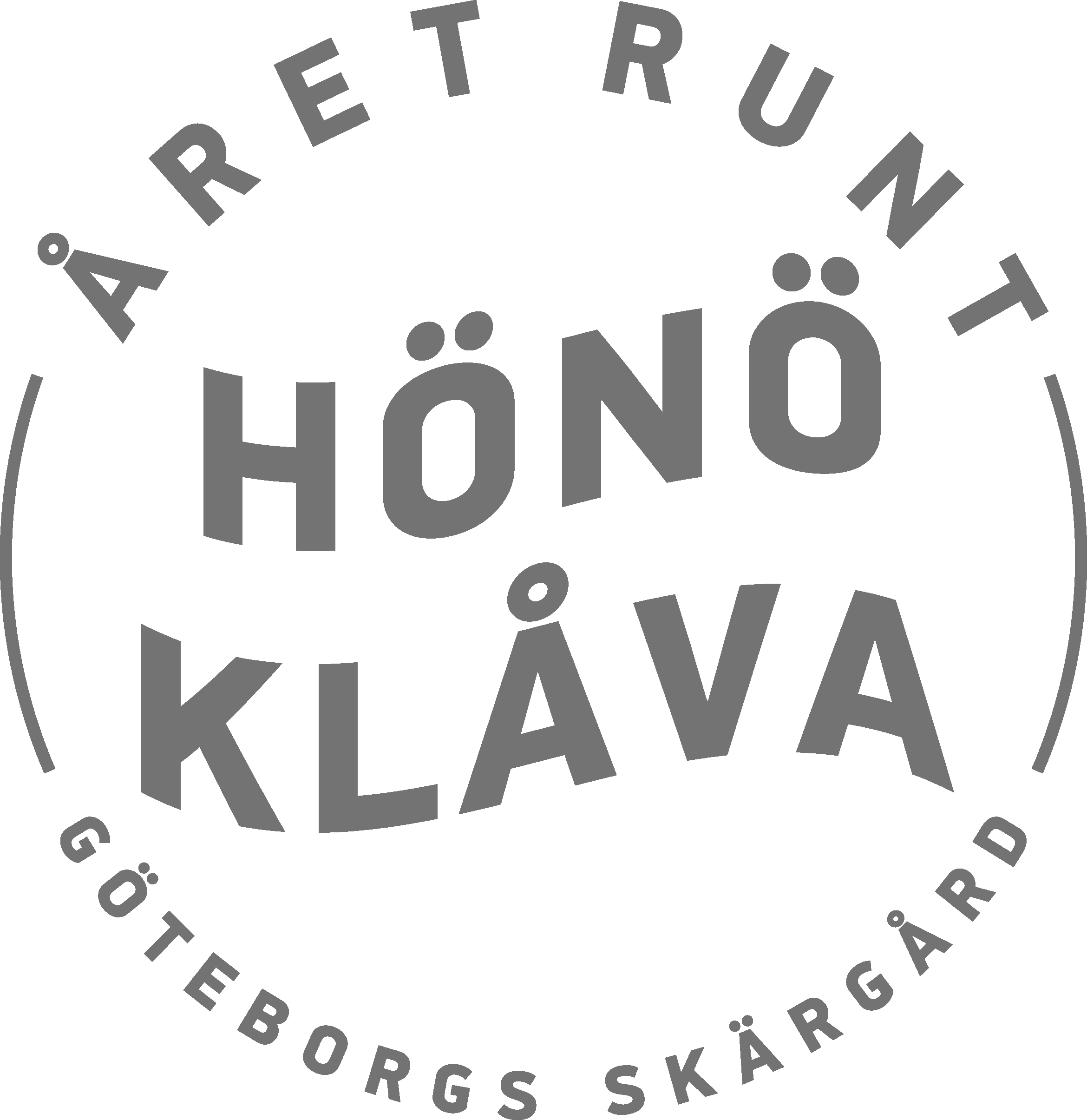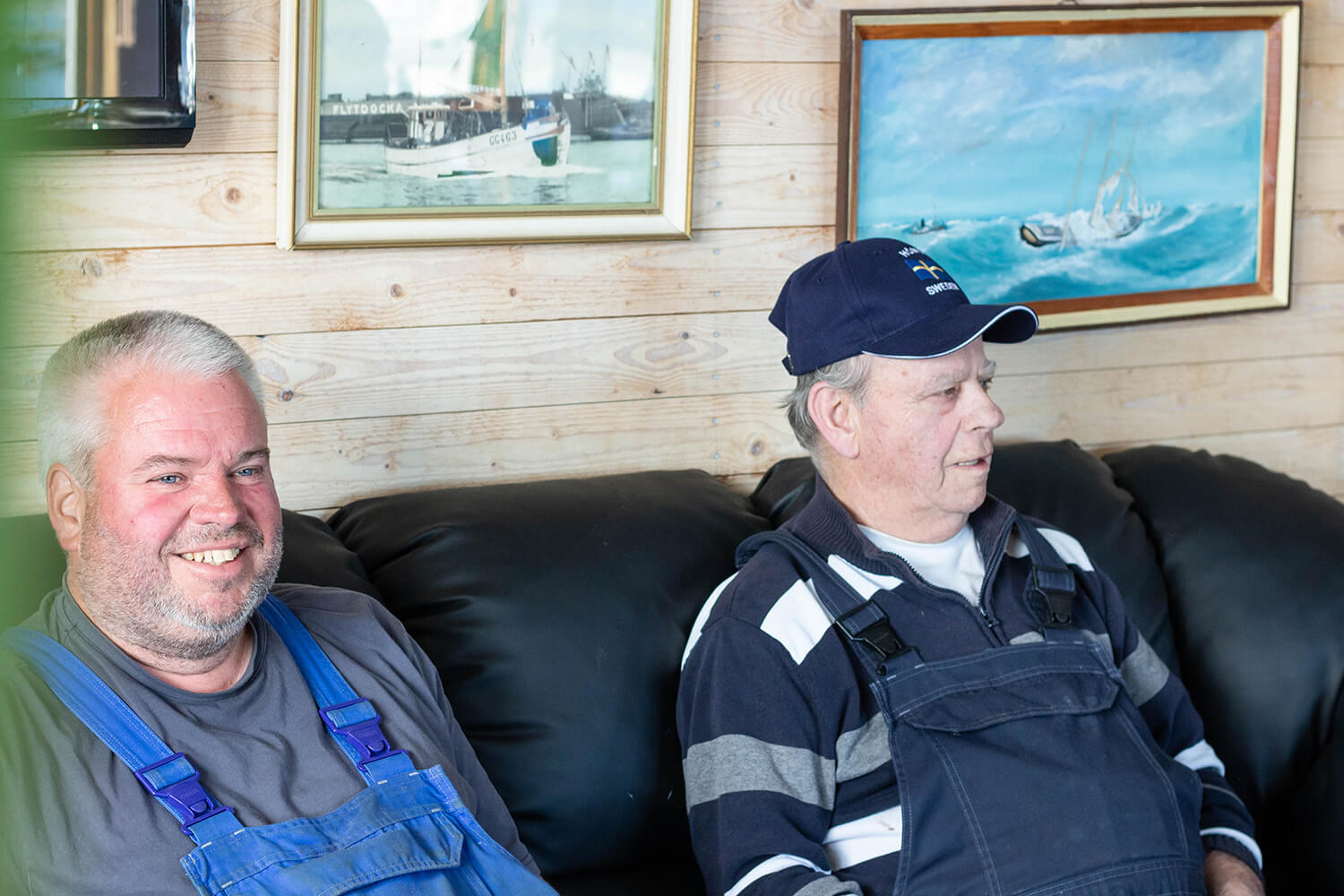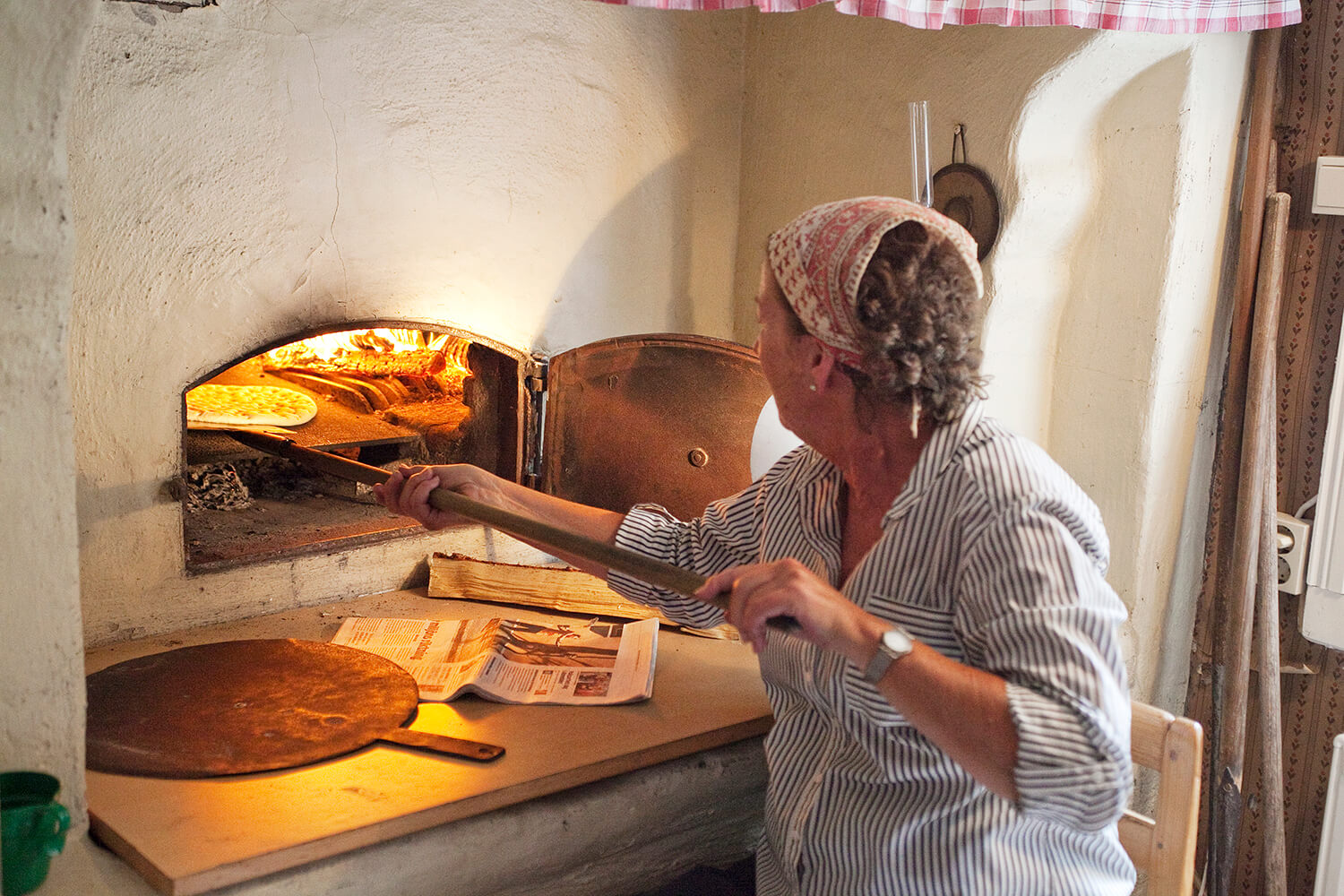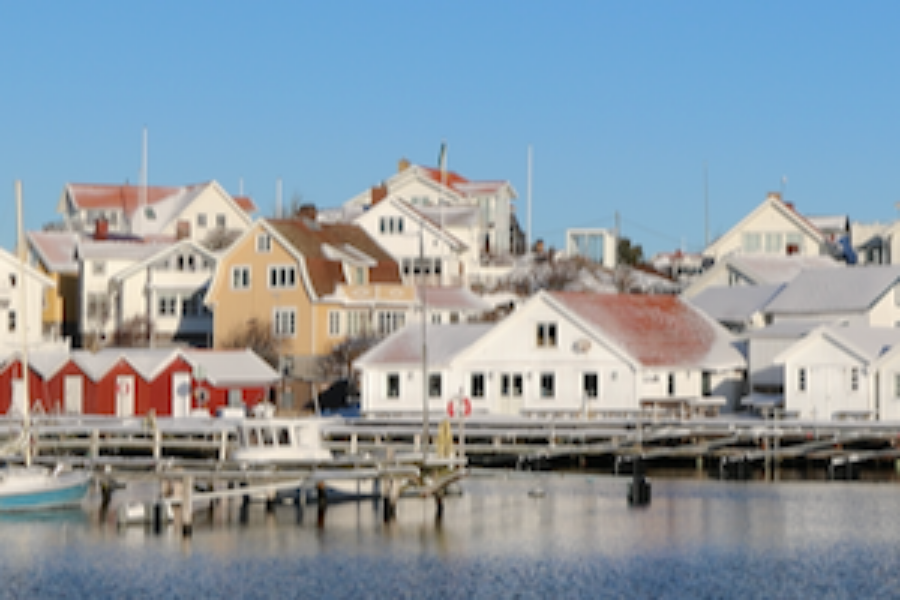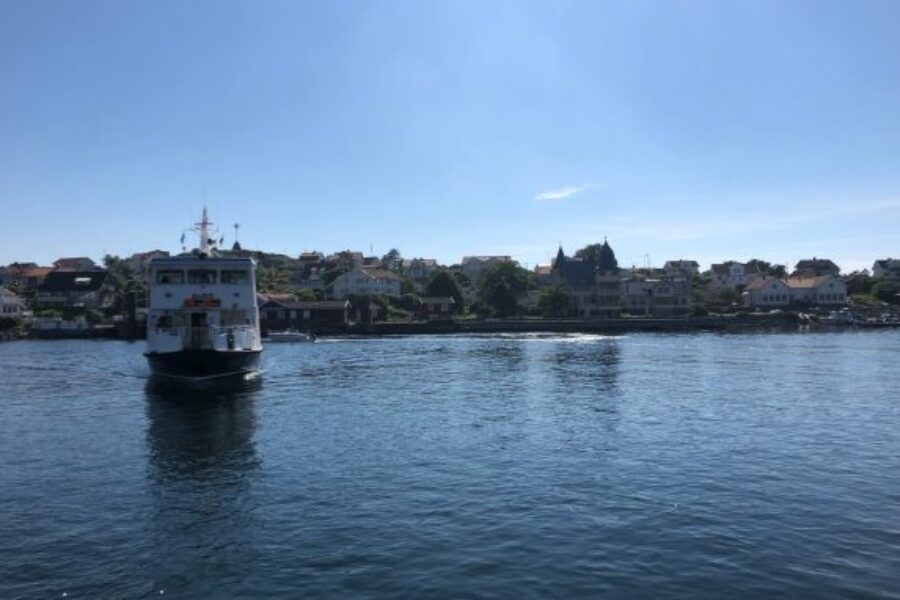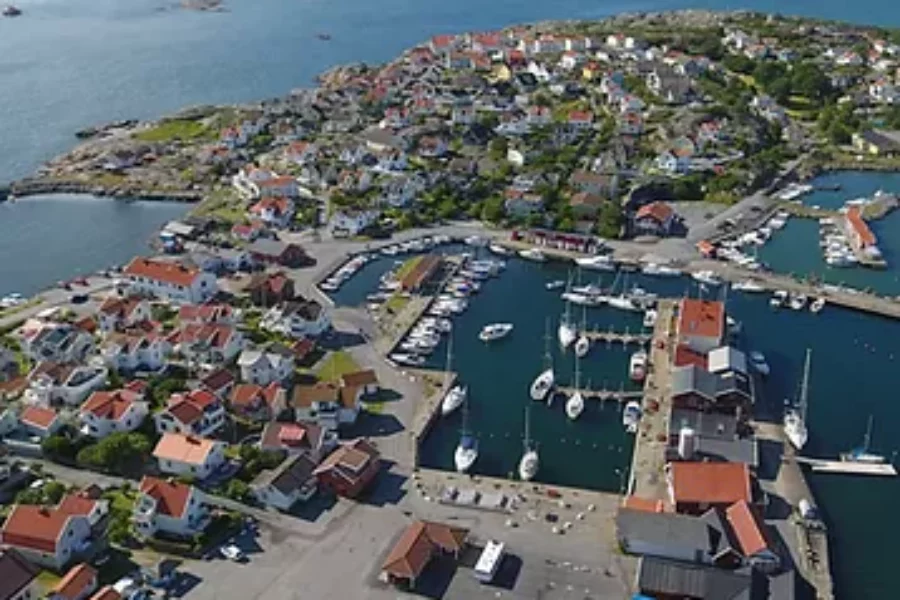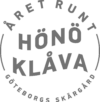Island Culture
Island Culture
The culture on Klåva is a mix of vibes from the west coast and the city with old fishermen and prawn sandwiches. Meanwhile the harbour has its own living culture, for example the special dialect and local traditions.
On Hönö you will find the traditional hönökakan wheat-bread and hear the island-speak which can be hard even for a local to understand.
The Hometown Association keep old traditions alive and four different denominations each have a church on the island. In the harbour pub, Irish music is often heard as this is home to all sorts of island culture.
Bagebrö
Hönö is associated with hönökakan wheat-bread which is very popular throughout the whole country. Those who do not know Hönö have nevertheless still heard of the bread. Hönökakan was first baked in 1904 for the fishing crews and comes in two varieties, a hard and a soft, but it is the soft bread that became a success.
On Hönö it is baked in many private cellars and even in associations, in a traditional manner in stone ovens over an open fire. The island dwellers call it, not Hönökakan, but baggebrö. There is a big difference between bagebrö and the thinner variant which is sold in shops as Hönökakan.
The History of Hönökan
The first bakery was started by the fisherman Albert Aliasson who was forced to change careers when he became allergic to the wood oil used on fishing boats of the time. Albert started the bakery Hönö Hembageri in 1923 and continued until 1947. The bread was collected by boats that carried it on to Gothenburg and in the time of rationing it was common for the fishermen to hand over their flour ration in exchange for Hönökaka bread. Hönökakan became a great success and more bakeries were opened such as Hönö Hamnens Bageri, Berns-Johans Bageri, Åkes hembageri and a successor to Hönö Hembageri with the same name.
Today Åkes Hönökaka still exists and you can buy it in most shops. Åke started his bakery in 1934 as a 21 year-old on Hönö. The recipe he used had been passed down through generations. In 1960 Åkes Hembageri moved to Torslanda where it is still located. Today even other large bakeries like Pågen produce a Hönökaka.

The Christmas tree war
An island tradition that stands out is the infamous Christmas tree war. The tradition starts on Christmas day, or sometimes even earlier, to finish on Easter Saturday.
The Christmas tree war is described as a competition where as many discarded Christmas trees as possible are collected. The competition is between different villages and islands, and on Easter Saturday a huge bonfire is built which will be lit towards evening amid partying and glamour. The Easter bonfire that has most Christmas trees wins and it is also important to delay the firing as long as possible. Small dummy beacons are used to trigger other contestants to light their beacons prematurely.
The road to victory is about hiding and seeking, and yes, even stealing Christmas trees from all over the municipality of Öckerö. Only whole trees are counted. Trees are hidden among other trees, under boats, under terraces and buildings, and in street drains as well as being lowered with stones under jetties.
